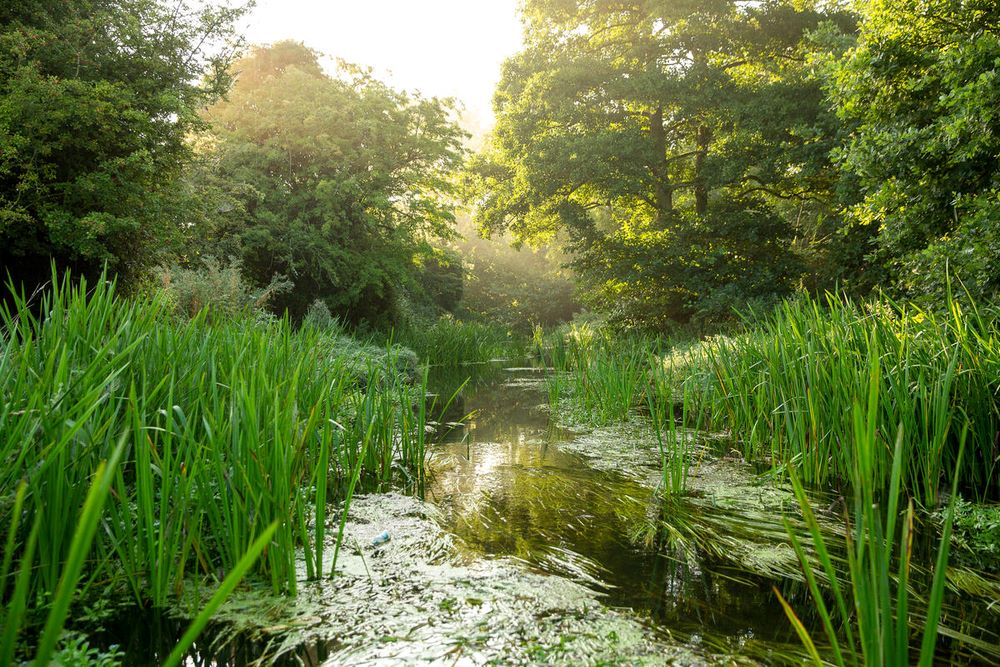
Norfolk’s rivers and wetlands are vital ecosystems that support a wealth of wildlife and offer many benefits to local communities. The county is home to around 10% of the world’s globally rare chalk streams, including the Wensum, Glaven, Bure and Stiffkey. When healthy, these exceptional habitats - characterised by their cool, clear and nutrient-rich waters - provide a haven for a diverse range of species including water voles, brown trout and white-clawed crayfish.
Additionally, the Broads, an internationally important water habitat, serves as a sanctuary for rare species like the bittern and the Norfolk hawker dragonfly.
Beyond their ecological importance, Norfolk’s rivers and wetlands are essential spaces for recreation, from peaceful walks and fishing to canoeing and wildlife watching. These activities not only boost physical well-being but also contribute to our mental health by offering calming, natural spaces for people to enjoy.

A perfect storm of pollution, physical modification, over-abstraction and invasive species - compounded by the escalating impacts of climate change - is driving them to the brink and causing significant declines in biodiversity.
Healthy, naturally functioning rivers and wetlands are a powerful tool in our fight against climate change. They play a vital role in slowing floodwaters, retaining water during droughts and supporting biodiversity.
Restoring, protecting, and enhancing Norfolk's water environments is crucial for sustaining local economies, providing clean water for drinking and farming, and securing a thriving, sustainable future for both people and wildlife.
We use Mailchimp as our marketing platform. By clicking subscribe, you acknowledge that your information will be transferred to Mailchimp for processing. Learn more about Mailchimp's privacy practices here.
